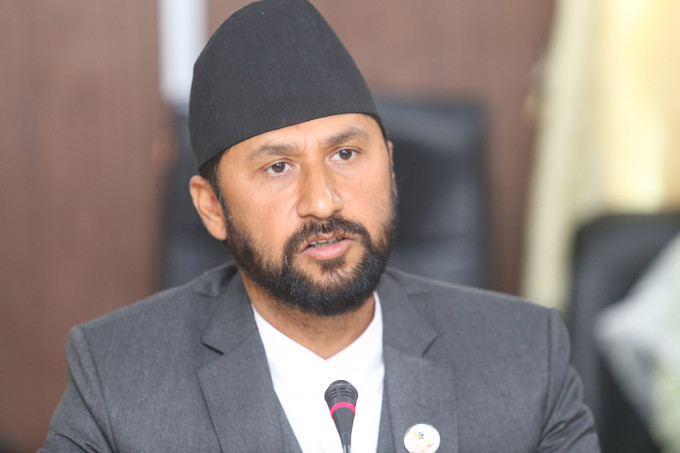Nations must keep up hope and focus on tackling global warming despite the many obstacles now to international cooperation — including the war in Ukraine, the coronavirus pandemic, food shortages and rising energy costs, the UN climate chief urged Monday.
Patricia Espinosa, whose second term as head of the UN climate office ends this year, spoke at the start of a 10-day meeting in Bonn, Germany, where diplomats from around the world will try to lay the foundations for this year’s international climate summit in Egypt.
“I appeal to all of you, especially in these difficult and challenging times, not to lose hope, not to lose focus, but to use our united efforts against climate change as the ultimate act of unity between nations,” she said.
Since signing the 2015 Paris climate accord, most countries have stepped up their efforts to reduce greenhouse gas that underlie human-made global warming. But collectively those pledges still fall far short of what’s needed to limit global warming since pre-industrial times to 1.5 degrees Celsius (2.7 Fahrenheit) by the end of the century.
While Espinosa said that “much more” is needed, she noted that the commitments so far were also made during a time of international turmoil — from the U.S. decision under President Donald Trump to pull out of the Paris accord, later reversed by the Biden administration —to the first years of the coronavirus pandemic.
“We must never give in to despair,” she said, joining a chorus of scientists and policymakers who reject climate doomism. “We must continue to move forward. Look at what we have accomplished in the last six years.”
Many of the key issues delegates gathered in Bonn will try to resolve in the coming days centre around financial aid to poor countries struggling to cope with the impacts of climate change. Espinosa made clear she expects leaders to provide their delegates with the necessary backing to agree upon what she described as a “balanced package” soon.
“We must understand that climate change is moving exponentially. We can no longer afford to make just incremental progress,” she said. “We must move these negotiations along more quickly. The world expects it.”
Representatives of the group of 46 Least Developed Countries demanded that big polluters such as China and the United States cut their emissions more strongly and pay for the damage that’s already resulting from climate change.
“Countries with much greater responsibility and capabilities than ours must close the funding gap so that when the impacts of climate change hit — when houses and hospitals are washed away, when crops are destroyed, when islands sink and when whole communities are displaced — the costs don’t land on the already vulnerable households,” said the group’s chairperson, Madeleine Diouf Sarr from Senegal.
READ ALSO:





1672397318_680.jpg)

